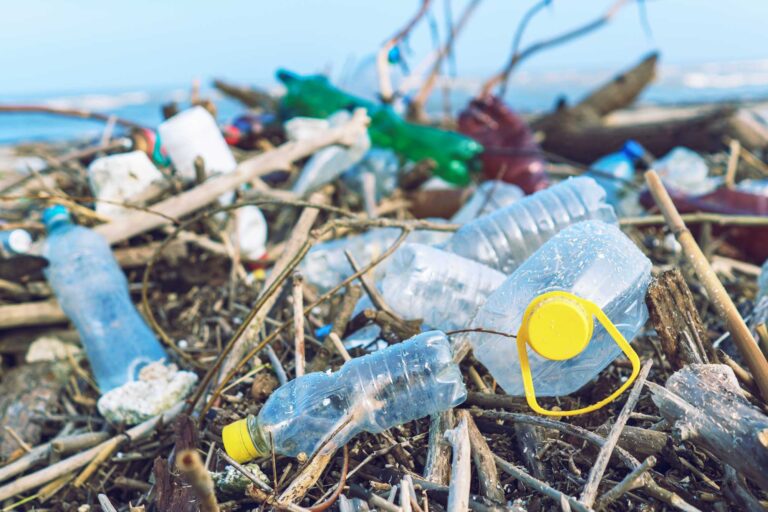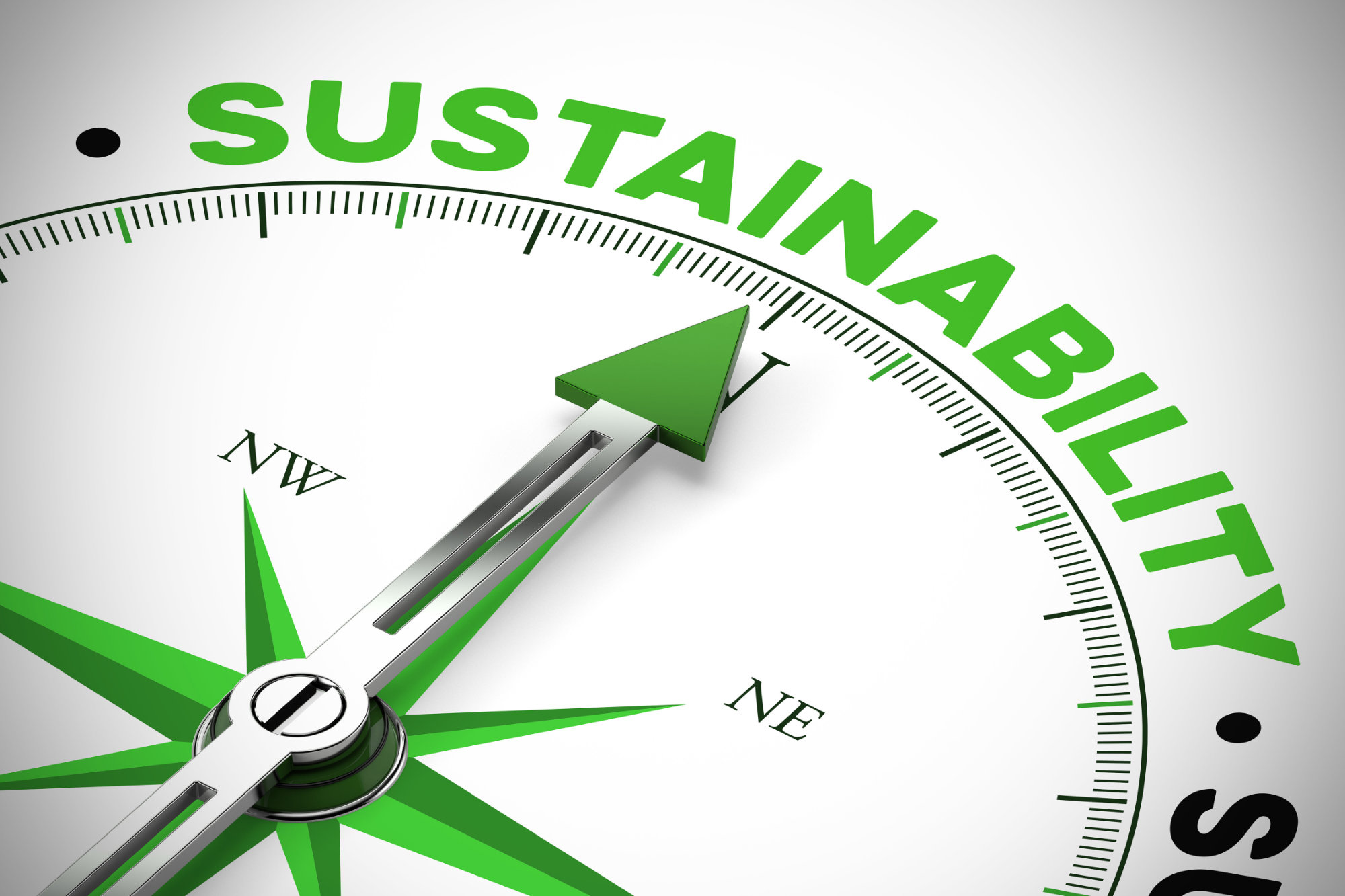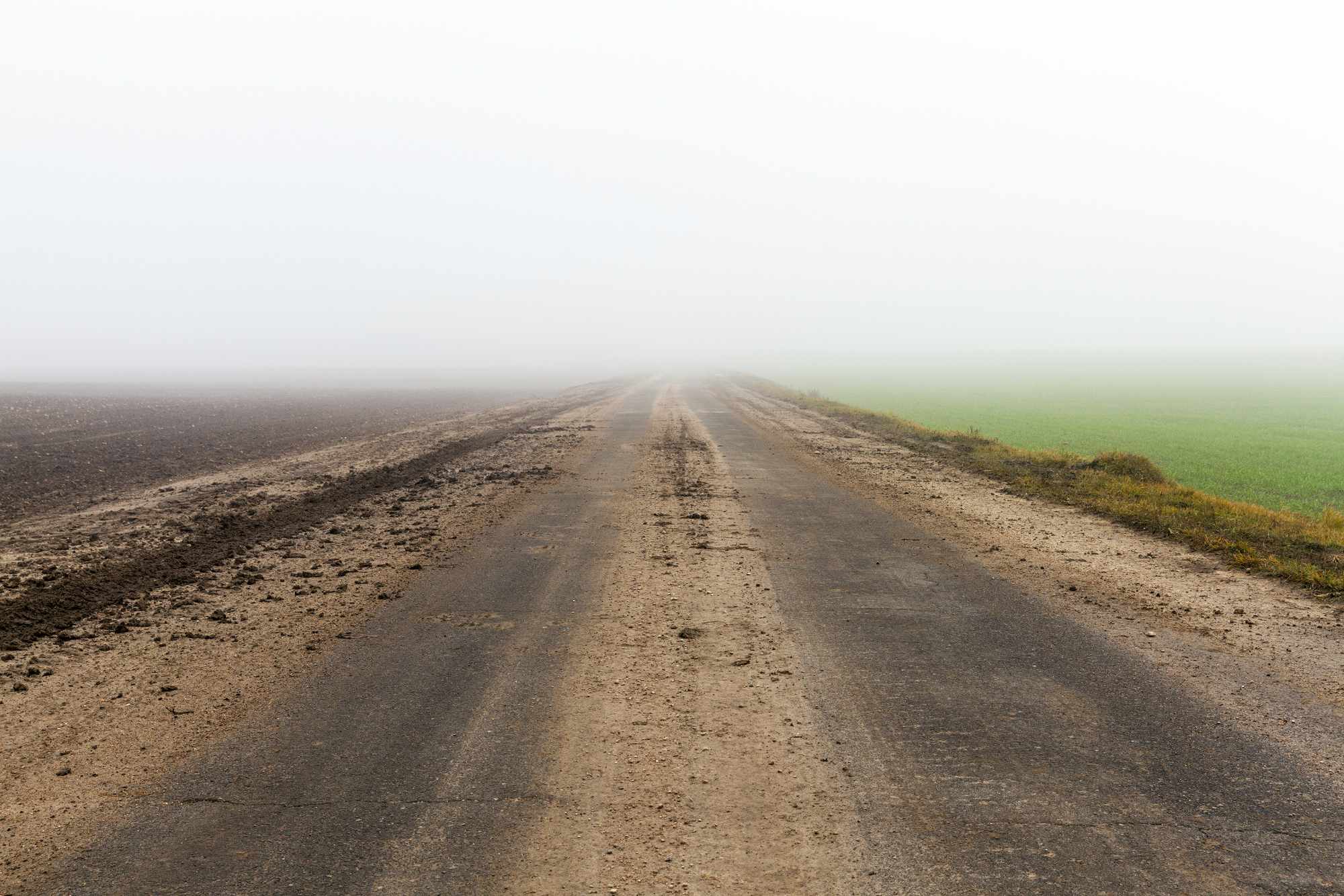
Sustainability – August 2022
Let’s talk about plastic. It’s probably done more to advance society than most other materials – not demeaning our favourite concrete of course. Yet it has left a permanent dent in the ecological world with microscopic plastic particles found in pretty much every living organism including ourselves. Some scientists are even suggesting it makes for a geological indicator of our time. Even those who are not ardent environmentalists can admit in the pubs across the nation that this is not great and certainly nothing to be proud of.
Be gone plastic, be gone! How hard can it be? Let’s just use something else. When considering plastic, we often lurch to the prohibition of drinking straws, shopping bags and food trays. We certainly churn through plenty of those items and arguably they are synonymous with single use items. But look around you in your office, kitchen, car, train carriage or even hospital ward. Look at yourself – how much of the fabric of your clothes is synthetic? Look at your Smart Watch, phone, laptop and printer. Plastics are everywhere and are often doing an amazing job – in some cases a job not possible otherwise. Isolation, hygiene, preservation, containment – plastic does some pretty important jobs.
‘Why is our resident sustainability columnist supporting plastic?’ you ask. He isn’t. He is supporting careful thought, decisive action and the avoidance of knee-jerk prohibitions that need to be revisited owing to their unachievable aims. There will be a great deal of plastic in your Scope 3 CO2 emissions owing to its aforementioned ubiquitous nature. It’s riddled through incidental purchases and major CAPEX projects alike. Simply blanket banning the substance will not work. Plastic is one of many materials that come through the supply chain. There is also copper, rare earths and a load of other stuff that have their own woes (and benefits). Banning something means the introduction of a replacement. Is that replacement any better for the planet?
Without doubt, plastic is the go-to material for a vast array of applications. It’s very cheap, lightweight and you can chuck it away without a thought. My advice is to start a dialogue with suppliers, taking a view around the functional purpose of the materials being used in products. Work together on finding better solutions. Make sure the materials used are the best they can be given the budget and impact information available. See if recycled materials can be used. Maximise the life of the item. Make sure each material in a product can be isolated for recycling. These actions will lead to more robust outcomes than leaping into seemingly well-meaning bans. Plastic is not a bad material – we just don’t use it very well.





